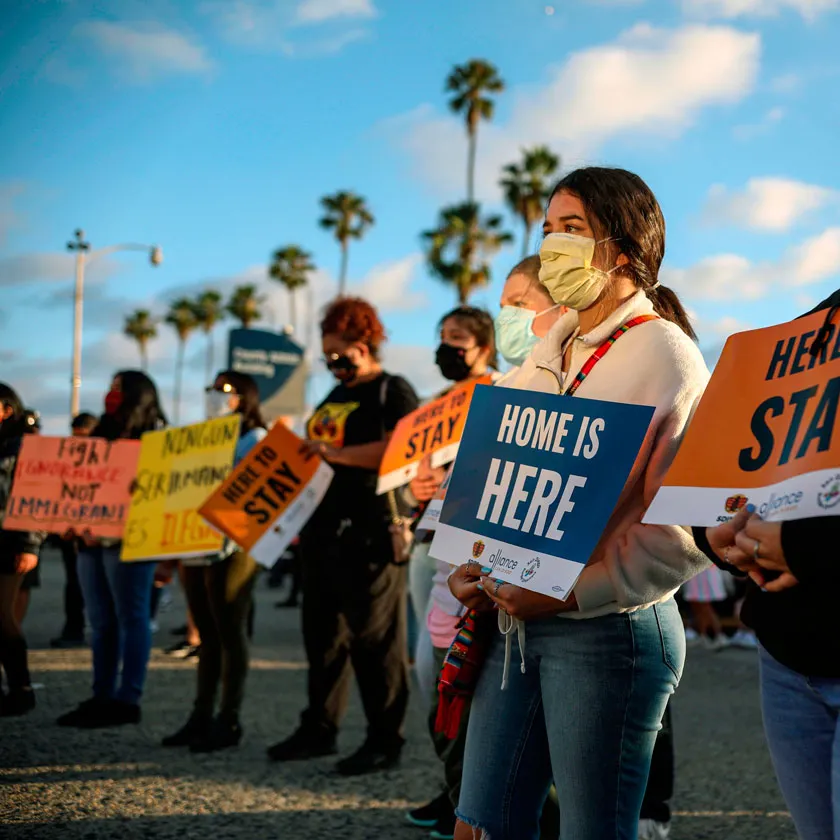Introduction
As countries grapple with the complexities of immigration, the challenge of illegal immigration remains a pressing issue. Many governments are faced with the dilemma of enforcing strict border controls while addressing labor shortages and humanitarian obligations. A potential solution lies in adopting a more inclusive approach to visa policies. By easing visa requirements, countries can better manage immigration flows, reduce illegal crossings, and create a more efficient system that benefits both migrants and host nations.
The Current Landscape of Immigration
1. The Challenge of Illegal Immigration
Illegal immigration often arises from a combination of factors, including economic disparity, conflict, and the quest for better opportunities. Stricter border controls and punitive measures have not proven to be effective deterrents. Instead, they can push individuals to take dangerous routes, leading to human rights abuses and increased risks for migrants.
2. Labor Market Needs
Many countries, especially those facing demographic challenges, are experiencing labor shortages in various sectors. Industries such as agriculture, healthcare, and technology often rely on migrant labor. Current immigration policies can hinder the ability to fill these crucial roles, leading to economic stagnation.
The Case for Inclusive Visa Policies
1. Flexibility in Visa Requirements
Adopting more inclusive visa policies can create a legal pathway for migrants to enter and work in host countries. This includes:
- Easing Documentation Requirements: Streamlining application processes and reducing paperwork can make it easier for potential workers to obtain visas.
- Short-Term and Seasonal Visas: Implementing flexible visa options for seasonal or short-term work can help meet labor demands without encouraging illegal immigration.
2. Increased Security and Monitoring
A more inclusive visa system can enhance national security. By regulating and monitoring migrant populations, governments can better track who is entering the country, thus reducing the likelihood of illegal immigration. This proactive approach allows for better planning and resource allocation.
3. Promoting Economic Growth
Welcoming migrants through more inclusive visa policies can stimulate economic growth. Migrants contribute to the economy by filling labor gaps, paying taxes, and driving innovation. A legal workforce can help sustain industries and communities, ultimately benefiting the broader economy.
4. Addressing Humanitarian Needs
Many migrants are fleeing violence, persecution, or dire economic conditions. By providing more accessible pathways for legal entry, countries can fulfill their humanitarian obligations. This compassionate approach not only aids those in need but also fosters a positive international reputation.
Implementing a Policy Shift
1. Engaging Stakeholders
To successfully shift towards more inclusive visa policies, it’s essential to engage various stakeholders, including:
- Employers and Industry Leaders: Collaborating with businesses can help identify labor needs and ensure that visa policies align with economic demands.
- Community Organizations: Engaging with organizations that work with immigrants can provide valuable insights into the challenges faced by migrants and help shape supportive policies.
2. Public Education Campaigns
Educating the public about the benefits of inclusive immigration policies is crucial. Highlighting the contributions of migrants to society and the economy can help counteract negative perceptions and build support for reform.
3. Monitoring and Evaluation
Any new policies should include mechanisms for monitoring and evaluation. Collecting data on the impact of inclusive visa policies can help refine approaches and ensure they meet the needs of both migrants and host countries.
Conclusion
To effectively combat illegal immigration, a conscious policy shift towards less stringent and more inclusive visa requirements is essential. By creating legal pathways for migrants, countries can address labor shortages, enhance national security, and fulfill humanitarian responsibilities. This approach not only promotes economic growth but also fosters a more inclusive and compassionate society. As the global landscape continues to evolve, rethinking immigration policies is a vital step toward building a more resilient and prosperous future for all.



